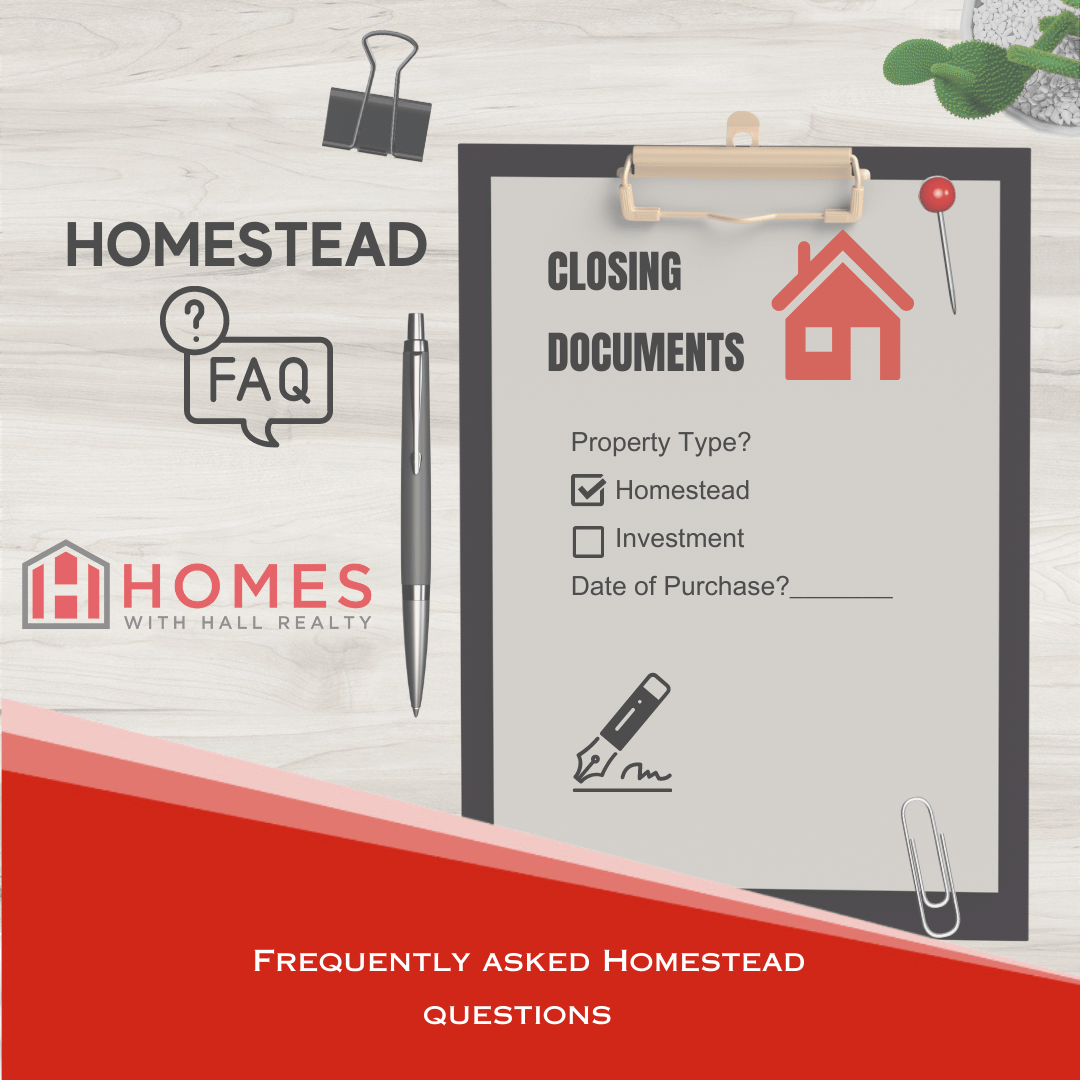Do I, as a homeowner, get a tax break from property taxes?
You may apply for homestead exemptions on your principal residence. Homestead exemptions remove part of your home’s value from taxation, so they lower your taxes.
For example, your home is appraised at $300,000, and you qualify for a $40,000 exemption (this is the amount mandated for school districts), you will pay school taxes on the home as if it was worth only $260,000. Taxing units have the option to offer an additional exemption of up to 20 percent of the total value.
Do all homes qualify for residence homestead exemptions?
No, only a homeowner’s principal residence qualifies. To qualify, a home must meet the definition of a residence homestead: The home’s owner must be an individual (for example: not a corporation or other business entity) and use the home as his or her principal residence on Jan. 1 of the tax year. An age 65 or older or disabled exemption is effective as of Jan. 1 of the tax year the applicant qualifies for the homestead and applies to the entire tax year.
What is a residence homestead?
A residence homestead can be a separate structure, condominium or a manufactured home located on owned or leased land, as long as the individual living in the home owns it. A residence homestead can include up to 20 acres, if the land is owned by the homeowner and used for a purpose related to the residential use of the homestead.
What is the deadline for filing a residence homestead exemption?
The completed application and required documentation are due no later than April 30 of the tax year for which you are applying. A late residence homestead exemption application, however, may be filed up to two years after the delinquency date, which is usually Feb. 1.
Cite: https://comptroller.texas.gov/taxes/property-tax/exemptions/residence-faq.php

